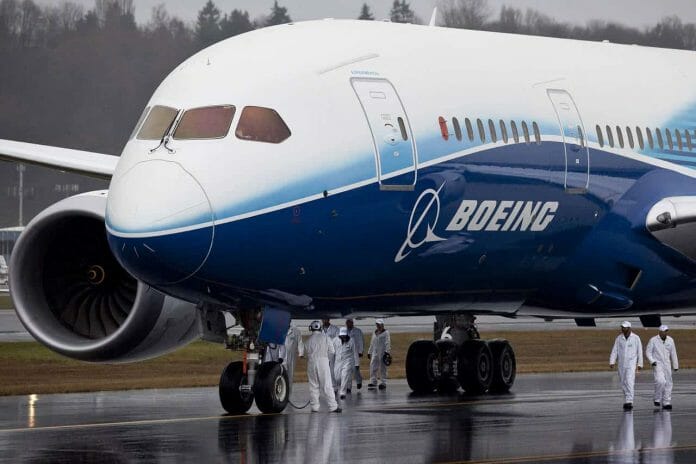Boeing and the Roundtable on Sustainable Biomaterials (RSB) will conduct a joint study to scale sustainable aviation fuel (SAF) production in Southeast Asia. SAF will play a critical role in enabling sustainable growth and meeting commercial aviation’s goal to reach net-zero emissions by 2050.
The aircraft manufacturer said SAF has the potential to reduce carbon emissions over the fuel’s life cycle by up to 80% compared to petroleum jet fuel. While the current global SAF supply accounts for only around 0.1% of jet fuel consumption, the Asia-Pacific region can play a crucial role in SAF production with a potential of 40% of global feedstock supply.
Phase one of the study will evaluate whether SAF production could scale sustainably in Southeast Asia based on the availability and sustainability of feedstocks across the region. The study will also assess the sustainable feedstock policy environment, as well as the technical and economic viability of main SAF production pathways. Findings and recommendations will be published in the first quarter of 2024.
“We are excited to start a new partnership with Boeing in Southeast Asia, looking at supporting the regional aviation sector to decarbonize in a way that goes beyond emission reductions and also considers wider sustainability impact on the environment and society,” said Arianna Baldo, programme director for RSB.
Boeing is acting on its commitment to deliver 100% SAF-compatible airplanes by 2030 and expand the SAF supply it’s scaling regionally and globally.









